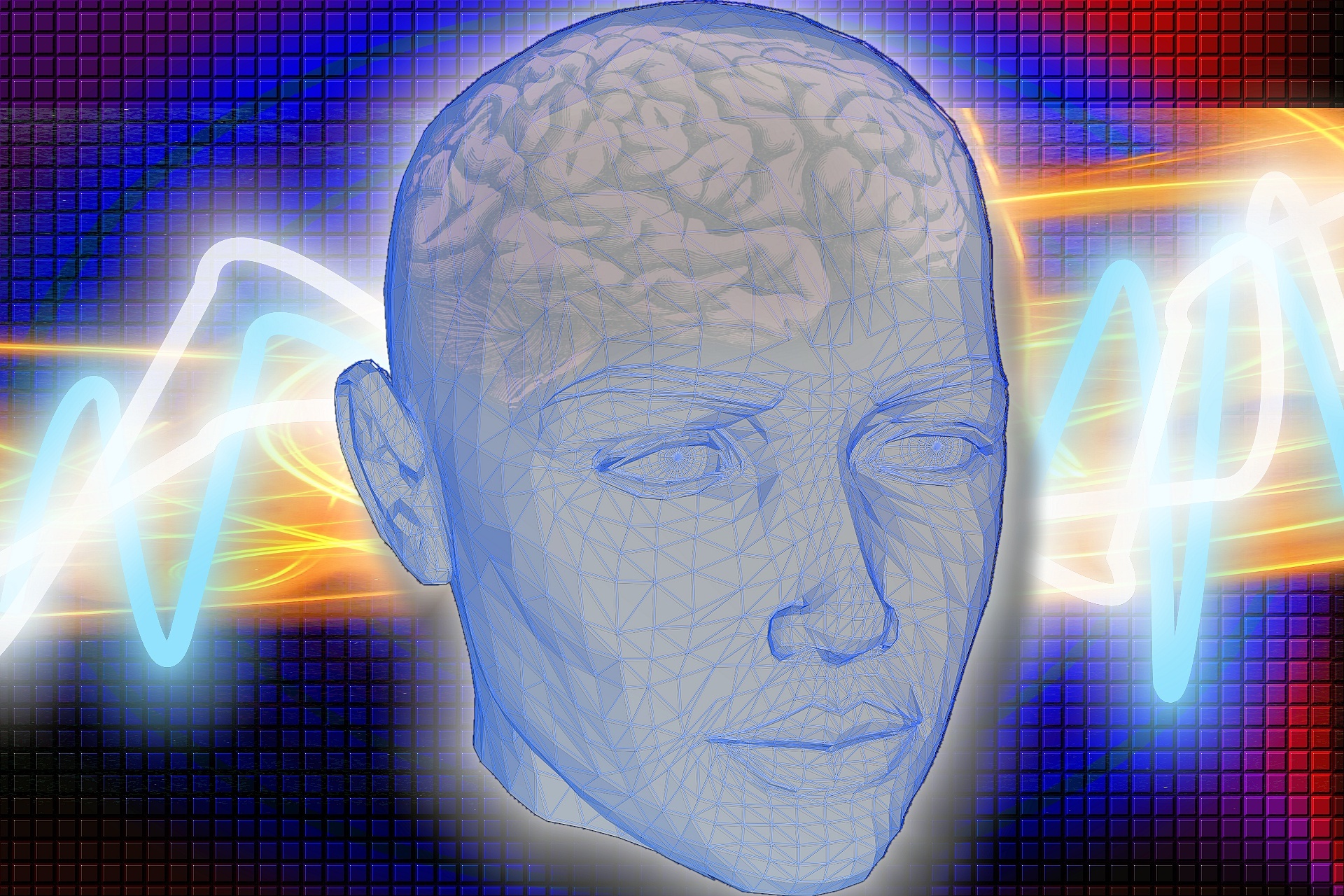
The Fizzy-related protein1(Fzr1) gene encodes Cdh1protein, a coactivator of the E3 ubiquitin ligase anaphase-promoting complex/cyclosome (APC/C). Previously, we found that genetic ablation of Fzr1 promotes the death of neural progenitor cells leading to neurogenesis impairment and microcephaly in mouse. To ascertain the possible translation of these findings in humans, we searched for mutations in the Fzr1 gene in 390 whole exomes sequenced in trio in individuals showing neurodevelopmental disorders compatible with a genetic origin. We found a novel missense (p.Asp187Gly) Fzr1 gene mutation (c.560A>G) in a heterozygous state in a 4-year-old boy, born from non-consanguineous Spanish parents, who presents with severe antenatal microcephaly, psychomotor retardation, and refractory epilepsy. Cdh1 protein levels in leucocytes isolated from the patient were significantly lower than those found in his parents. Expression of the Asp187Gly mutant form of Cdh1 inhuman embryonic kidney 293T cells produced less Cdh1 protein and APC/C activity, resulting in altered cell cycle distribution when compared with cells expressing wild-typeCdh1. Furthermore, ectopic expression of the Asp187 Glymutant form of Cdh1 in cortical progenitor cells in primary culture failed to abolish the enlargement of the replicative pase caused by knockout of endogenous Cdh1. These results indicate that the loss of function of APC/C-Cdh1 caused byCdh1 Asp187Gly mutation is a new cause of prenatal micro-cephaly, psychomotor retardation, and severe epilepsy.